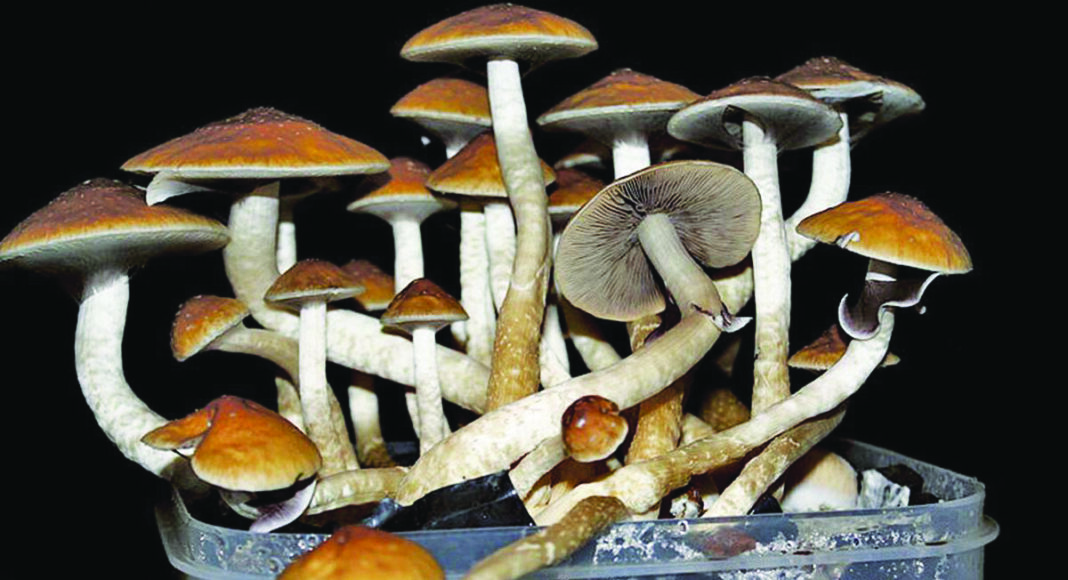Psilocybin legalization may be right around the corner with new ballot measure
It’s becoming more likely that California voters next year will get to decide whether to legalize psilocybin—“magic mushrooms”—the same way they voted on cannabis legalization in 2016 when they approved Prop. 64.
The state attorney general’s office has approved the language for a measure to appear on the ballot in November 2024 that would legalize the possession and sale of psilocybin for adults 21 and over. It would also create a framework for the regulated use of the substance in therapeutic settings. Now, advocates must gather enough signatures to actually get the measure before voters.
This would be at least the third such attempt to do so, but it will be a bit easier this time thanks in part to voter apathy: the number of signatures needed is based on voter turnout in the previous general election. This time, advocates must collect 546,651 signatures, or 76,561 fewer than last time, when about 2 million fewer voters showed up to cast ballots in the most recent general election in 2022. That was when Gavin Newsom retained the governorship, beating out Republican Brian Dahle. The turnout wasn’t surprising, given that few people had even heard of Dahle and everybody was fatigued by the previous year’s insane recall vote.
The main advocate for the ballot measure is Decriminalize California, which has attempted, and failed, twice before to collect enough signatures to get such a measure before voters. The group is much more optimistic this time around, according to campaign director Ryan Munevar. In a newsletter statement announcing the attorney general’s approval of the ballot measure, Munevar cited the Covid pandemic as the main reason for the effort falling short in 2021 and 2022.
“Now that the plague is over we can take advantage of all the summer festivals and fully activate our college teams for tabling days when they are back in session in late August and September,” Munevar wrote. Advocates have until Jan. 10 to collect the needed signatures.
The measure would also seal the criminal records of people with past psilocybin-related convictions. It would create an “independent professional certifying body,” according to the attorney general’s language, to oversee therapeutic use of psilocybin in healthcare settings.
Unlike with cannabis, there would be no possession limit. Sales would be allowed in retail settings, at public events and at farmers’ markets, “whether or not for profit.” Also, unlike with cannabis, there would be no state taxes imposed and local governments could restrict sales only if such restrictions were approved by local voters. Psilocybin used for regulated therapeutic purposes would not be taxed.
The California Assembly, meanwhile, is considering a bill, which passed the Senate last spring, to legalize a range of psychedelics including psilocybin, DMT, ibogaine and mescaline. In a move that surprised even the bill’s sponsor, Scott Wiener, a Democrat from San Francisco, the Assembly’s Health Committee passed the measure last week in a 9-2 vote.
The momentum behind legalizing psychedelics is building, especially in California. The Berkeley City Council last week voted to deprioritize enforcing laws against psychedelics, mirroring similar moves by Oakland, San Francisco and Santa Cruz.
“Research shows that these substances can have significant benefits particularly for people experiencing mental health and addiction challenges,” Wiener told the Assembly Health Committee just before it voted to pass the measure along. “This research started in the 1960s and unfortunately, it was completely shut down by the war on drugs. Over the last decade, the research has started again and it is extremely promising.”














